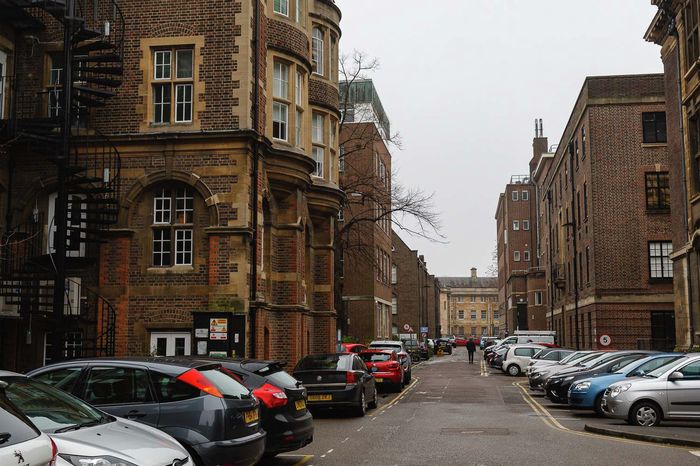First ever open days for disabled students announced
Sign-ups have opened for the event which will take place online in mid-July

Two virtual open days for disabled students will take place in July, it has been announced.
The open days will be held on Saturday 10th July and Sunday 11th July, and will be jointly hosted by Downing College, the Disability Resource Centre (DRC), and the Cambridge SU’s Disabled Students’ Campaign.
They are open to current UK year 12 students (or equivalent) and mature students with a disability or long-term health condition.
The event is free, and will take place via Zoom, with live captioning and an interpreter available on request.
In order to attend, students need to submit a form on Downing’s website before midnight on 15th June. The application includes the opportunity to indicate any necessary accessibility requirements which will be accommodated by session leaders.
Sharing a Facebook post promoting the event, Cambridge SU’s Disabled Student Officer, Rensa Gaunt, called it “the first open day of its kind at the University of Cambridge.”
Last year, a Varsity investigation revealed that students who use wheelchairs are denied freedoms and over half of disabled students surveyed reported not attending events due to their disability.
The online open day will endeavor to provide “an insight into the lives of disabled students at Cambridge; useful information about the Cambridge application process; and information about the various kinds of support available for disabled students.”
The event will take the form of a series of webinars, discussion sessions and panel events led by current staff and students – these include an admissions talk, a college choice session and a student panel. With the aim of providing accessibility, no session will be compulsory, nor is the use of cameras or microphones, and there will be fixed breaks throughout.
Organisers emphasise the diversity of identities which fall under the term ‘disability’, which include mental health conditions and neurodivergence, and state that there is no requirement to provide evidence of disability, or to have received formal diagnosis for attendees.
 News / Caius mourns its tree-mendous loss23 December 2025
News / Caius mourns its tree-mendous loss23 December 2025 Comment / Yes, I’m brown – but I have more important things to say22 December 2025
Comment / Yes, I’m brown – but I have more important things to say22 December 2025 News / Cambridge welcomes UK rejoining the Erasmus scheme20 December 2025
News / Cambridge welcomes UK rejoining the Erasmus scheme20 December 2025 News / CUP announces funding scheme for under-represented academics19 December 2025
News / CUP announces funding scheme for under-represented academics19 December 2025 News / King appoints Peterhouse chaplain to Westminster Abbey22 December 2025
News / King appoints Peterhouse chaplain to Westminster Abbey22 December 2025










